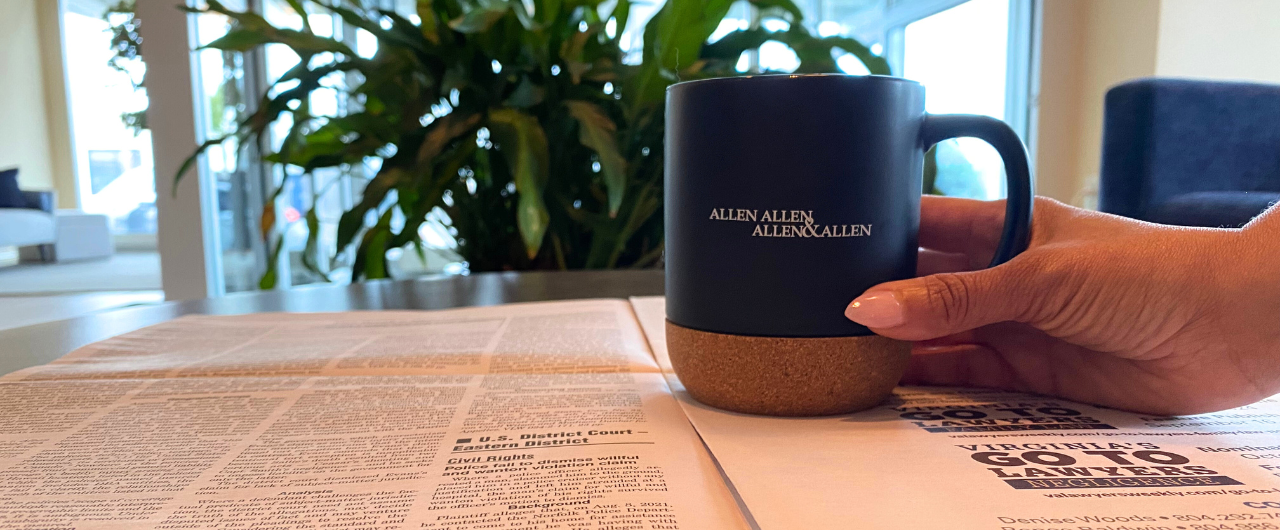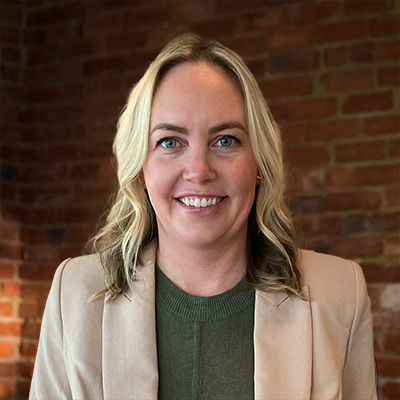Law Firm Makes Case For Missions
Guatemalans Get Medical Care
By Alan Cooper
Times-Dispatch Staff Writer
The sponsorship of a medical mission to Guatemala by the personal injury law firm of Allen, Allen, Allen & Allen is in a sense part of the firm’s extensive marketing efforts.
But as R. Clayton Allen noted, “We’re not getting any clients from Guatemala.”
“For us, it was internal,” said Allen, a partner of the firm. “For our employees and our firm, this is what we are and what we ought to be doing.
“It creates a tremendous amount of goodwill in our firm and among all of our employees,” he added. “Not just them. For me, too. I feel goof about doing it.”
The International Hospital for Children, the Richmond-based organization that coordinated the mission, hopes other businesses will follow the Allen firm’s lead.
The firm was the first participant in the organization’s program to have a single sponsor pick up the entire cost of sending a surgical team to another country or to bring a seriously ill child to Richmond for treatment.
Becky Crowther, IHC program director, said there is no shortage of medical talent willing to donate time and expertise for such efforts.
Concept of Single Sponsor
The limitation is money. That’s why the group developed the concept of attracting a single sponsor for each mission, with direct participation by the sponsor to give it a sense of ownership in the project. The sponsors also get recognition on IHC’s web site.
Crowther said the organization is recruiting other companies to sponsor future missions.
During the Guatemala trip, a 14-member neurosurgical team headed by Dr. John D. Ward of Virginina Commonwealth University’s Medical College of Virginia Hospitals performed 29 surgeries on 23 children in five days.
Most of the surgeries involved treatment for hydrocephalus, caused by the production of too much cerebrospinal fluid, and spina bifida, the incomplete development of the spinal cord.
The conditions occur in about one in a thousand children in the United States but in more than one in a hundred in Guatemala, at least in part because the Guatemalan diet is low in folic acid.
Because the team members volunteer their efforts, the missions are a tremendous bargain. The cost was $15,000, or a little more than $500 per operation.
By contrast, bringing a child to Richmond for surgery typically costs $5,000 to $7,000, Crowther said. Some of those trips are necessary because the condition of the child requires more equipment and expertise than is available in the child’s home country.
Clayton Allen accompanied the team and helped screen the patients for whom the surgery would be most beneficial, took photographs and assisted with legwork in the operating room.
“I spent so much time in the operating room,” Allen said. “I was just fascinated.”
Some of the patients traveled as much as 12 hours for the surgery. “You had the sense that many of these people had never been to the city and were a little overwhelmed,” he said. “It was very moving to be down there.”
The mission was the eighth to Guatemala for Ward, who is the medical director of IHC and a member of its board.
IHC sponsored a team to perform heart surgery in October in Guyana and a reconstructive plastic surgery team in February in Belize.
Most of its work has been in Central and South America and the Caribbean, where it has developed ites with a coordinating nongovernmental organization, such as the Pediatric Foundation of Guatemala.
The concept behind IHC was first proposed by Dr. Julian C. Metts Jr., an orthodontist who had participated in missions to Guyana sponsored by Rotary International.
Metts envisioned the construction of a hospital in the Richmond area to which critically ill children could be brought from other countries for treatment.
Ward said, though, that “in today’s environment, you don’t really need another whole hospital. What you need is the capacity to care for the kids one way or another.”
Getting More Than You Give
“We decided to build the foundation and the organization such that it would arrange and sort of broker people to go down and bring the kids up and utilize the current resources that we have here in Richmond,” Ward said.
“You always get more than you give” on such trips, he said. He added that he has a long list of medical colleagues willing to participate in such trips.
“People want to do things,” he said. “People want to say that this generation is selfish or that everyone’s into themselves. That’s not true necessarily. They just need some direction and opportunity.”
That streak of altruism extends far beyond the medical community and can be captured by IHC’s sponsorship program, he said. “Everyone likes to know that they’re accomplishing something besides making money. I think if you give them the opportunity, people try to take advantage of it.”



